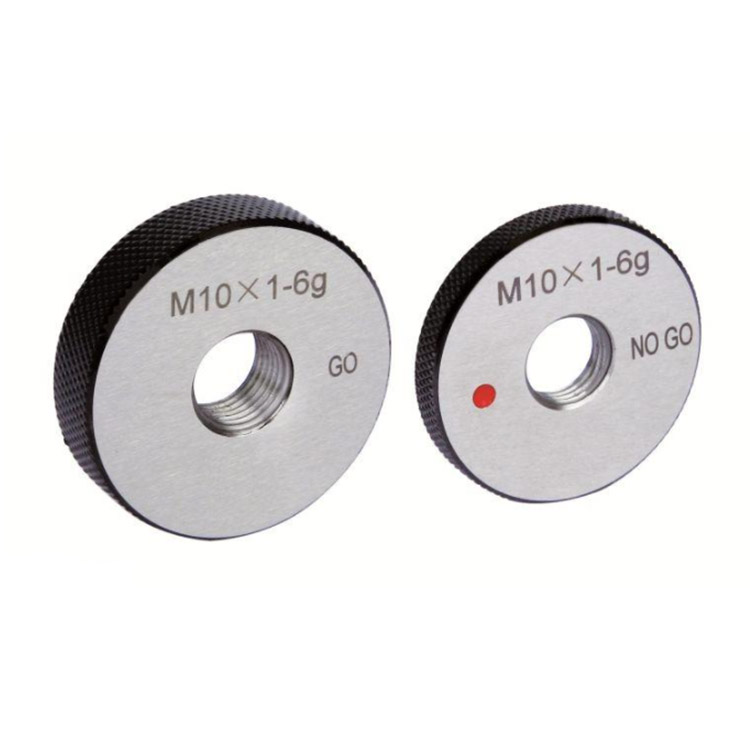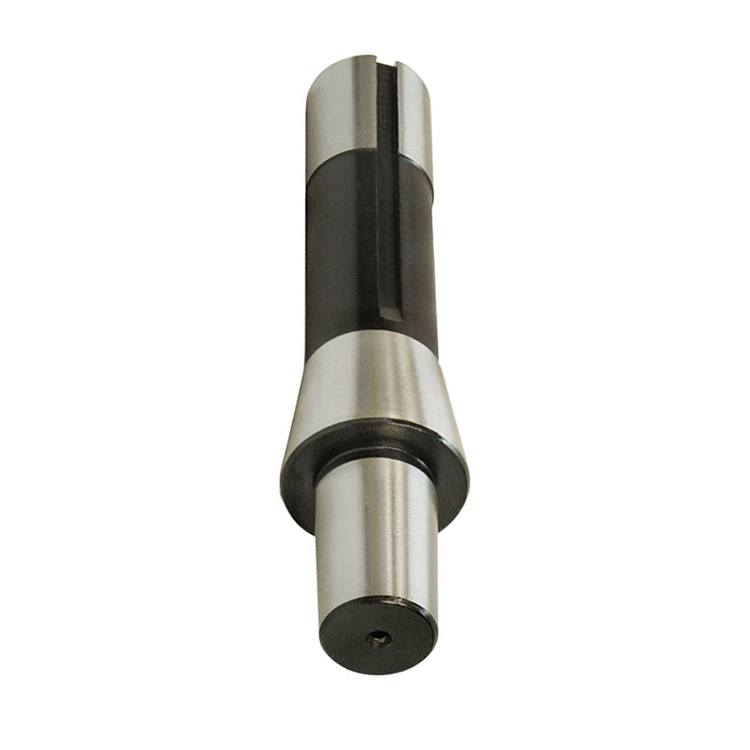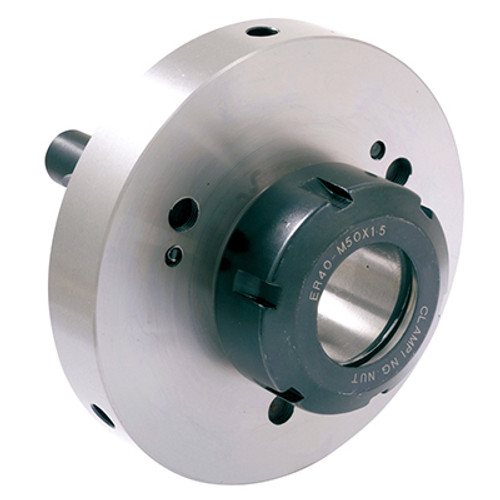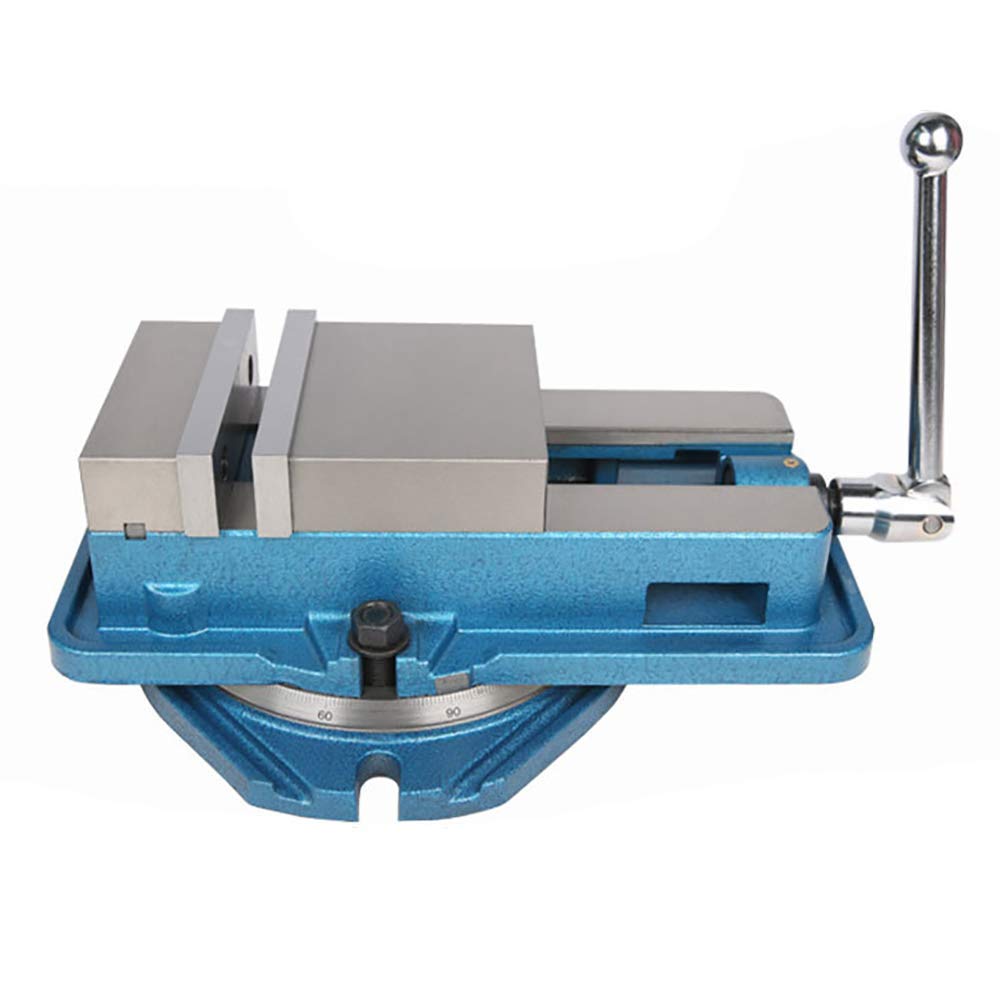Wholesale slot end mill
Wholesale slot end mills are essential cutting tools used in various machining operations, particularly for creating slots and grooves. Choosing the right wholesale slot end mill involves understanding their types, materials, coatings, and application. This guide provides a detailed overview to help you make informed decisions when purchasing wholesale slot end mills, ensuring optimal performance and cost-effectiveness.
Understanding Wholesale Slot End Mills
What is a Slot End Mill?
A slot end mill is a type of end mill specifically designed for cutting slots and grooves into materials. Unlike general-purpose end mills, slot end mills are typically center-cutting, allowing them to plunge directly into the material. They are widely used in metalworking, woodworking, and plastics industries.
Types of Wholesale Slot End Mills
Several types of wholesale slot end mills cater to different applications. Here's a breakdown of common types:
- Square End Mills: These have square corners and are used for general slotting and profiling. They are versatile but can leave sharp corners in the slot.
- Radius End Mills (Bull Nose): These have rounded corners, which reduce stress concentrations and improve tool life. They are ideal for creating fillets and rounded edges.
- Ball Nose End Mills: These have a spherical cutting end, suitable for creating complex curved surfaces and contours within slots.
- Roughing End Mills: These have serrated cutting edges for aggressive material removal. They are used for roughing out slots quickly before finishing with a smoother end mill.
- T-Slot End Mills: Designed specifically for creating T-slots, these end mills have a unique shape that allows them to undercut the material.
Factors to Consider When Buying Wholesale Slot End Mills
Material
The material of the wholesale slot end mill is crucial for its performance and longevity. Common materials include:
- High-Speed Steel (HSS): HSS end mills are cost-effective and suitable for machining softer materials like aluminum, plastic, and wood.
- Cobalt HSS: Cobalt HSS end mills offer improved heat resistance and hardness compared to standard HSS, making them suitable for machining harder materials like stainless steel.
- Solid Carbide: Solid carbide end mills provide excellent hardness, wear resistance, and heat resistance. They are ideal for machining abrasive materials and high-speed applications.
Coating
Coatings enhance the performance and lifespan of wholesale slot end mills by reducing friction, improving wear resistance, and preventing built-up edge. Common coatings include:
- Titanium Nitride (TiN): A general-purpose coating that improves hardness and wear resistance.
- Titanium Carbonitride (TiCN): Offers higher hardness and wear resistance than TiN, suitable for more abrasive materials.
- Aluminum Titanium Nitride (AlTiN): Provides excellent heat resistance and is ideal for high-speed machining of hardened steels.
- Diamond-Like Carbon (DLC): Reduces friction and prevents built-up edge, making it suitable for machining non-ferrous materials like aluminum and copper.
Flute Design
The number of flutes and their geometry affect the end mill's cutting performance. More flutes generally provide a smoother finish but reduce chip clearance. Fewer flutes allow for better chip evacuation in deep slots. Consider the following:
- Number of Flutes: 2-flute end mills are suitable for slotting and plunging, while 4-flute end mills are better for profiling and finishing.
- Helix Angle: Higher helix angles provide better chip evacuation and are suitable for softer materials, while lower helix angles are more stable for harder materials.
- Cutting Geometry: Different cutting geometries are designed for specific materials and applications. For example, variable helix end mills reduce chatter and vibration.
Size and Dimensions
Selecting the correct size and dimensions of the wholesale slot end mill is critical for achieving the desired slot dimensions and tolerances. Key dimensions to consider include:
- Cutting Diameter: The diameter of the cutting edges, which determines the width of the slot.
- Shank Diameter: The diameter of the shank, which must match the collet or tool holder.
- Length of Cut (LOC): The length of the cutting edges, which determines the maximum depth of the slot.
- Overall Length: The total length of the end mill, which must be sufficient to reach the workpiece.
Applications of Wholesale Slot End Mills
Metalworking
In metalworking, wholesale slot end mills are used to create slots, grooves, and keyways in various metal components. They are essential for manufacturing parts for automotive, aerospace, and machinery industries.
Woodworking
In woodworking, wholesale slot end mills are used to create dados, rabbets, and other joinery features. They are widely used in cabinet making, furniture manufacturing, and custom woodworking projects.
Plastics
In the plastics industry, wholesale slot end mills are used to create slots and grooves in plastic components for various applications. They are suitable for machining thermoplastics, composites, and other plastic materials.
Where to Buy Wholesale Slot End Mills
There are several options for purchasing wholesale slot end mills:
- Industrial Supply Companies: Companies like MSC Industrial Supply and Grainger offer a wide selection of wholesale slot end mills from various manufacturers.
- Online Retailers: Online retailers like Amazon and eBay offer a convenient way to purchase wholesale slot end mills, but it's essential to verify the quality and authenticity of the products.
- Direct from Manufacturers: Purchasing directly from manufacturers like Wayleading Tools (www.wayleading.com) ensures you get high-quality products at competitive prices. Consider Wayleading Tools for your wholesale slot end mill needs. They offer a variety of end mills with different materials and coatings to suit your specific applications. Check out their catalog for detailed specifications and pricing.
Tips for Using Wholesale Slot End Mills
Proper Tool Holding
Using a high-quality tool holder is essential for minimizing vibration and ensuring accurate cutting. Collet chucks, shrink-fit holders, and hydraulic chucks are common options.
Correct Cutting Parameters
Selecting the correct cutting speed, feed rate, and depth of cut is crucial for achieving optimal performance and tool life. Refer to the manufacturer's recommendations for the specific material and end mill type.
Coolant and Lubrication
Using coolant or lubricant helps to reduce heat, friction, and chip buildup. Proper coolant application can significantly improve tool life and surface finish.
Regular Inspection
Regularly inspect wholesale slot end mills for wear and damage. Replace worn or damaged end mills to maintain cutting accuracy and prevent tool failure.
Troubleshooting Common Issues
Chatter and Vibration
Chatter and vibration can occur due to various factors, including excessive cutting speed, insufficient rigidity, and worn tool holders. Reduce cutting speed, improve workpiece clamping, and use a more rigid tool holder to mitigate chatter.
Poor Surface Finish
A poor surface finish can result from dull cutting edges, incorrect cutting parameters, or excessive vibration. Sharpen or replace dull end mills, adjust cutting parameters, and ensure proper tool holding to improve surface finish.
Premature Tool Wear
Premature tool wear can be caused by excessive cutting speed, insufficient coolant, or machining abrasive materials. Reduce cutting speed, use appropriate coolant, and select end mills with wear-resistant coatings for abrasive materials.
Conclusion
Choosing the right wholesale slot end mill involves careful consideration of material, coating, flute design, size, and application. By understanding these factors and following best practices for tool holding, cutting parameters, and maintenance, you can optimize your machining operations and achieve high-quality results. Consider Wayleading Tools for your wholesale slot end mill needs, offering a variety of high-quality end mills for diverse applications.
Disclaimer: This article is for informational purposes only. Always consult with a qualified professional before making any decisions related to machining operations.
Data Sources: Information on end mill types and materials based on general industry knowledge and manufacturer specifications. Cutting parameter recommendations should always be verified with the specific end mill manufacturer's data sheets.
Related products
Related products
Best selling products
Best selling products-
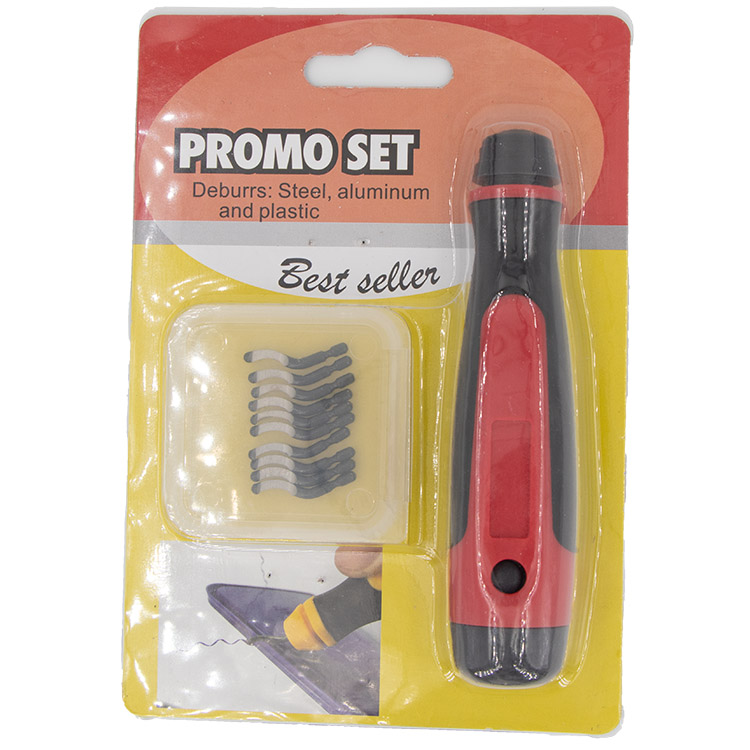 Type B Light Duty Deburring Tool Set With Deburring Holder And Deburring Blade
Type B Light Duty Deburring Tool Set With Deburring Holder And Deburring Blade -
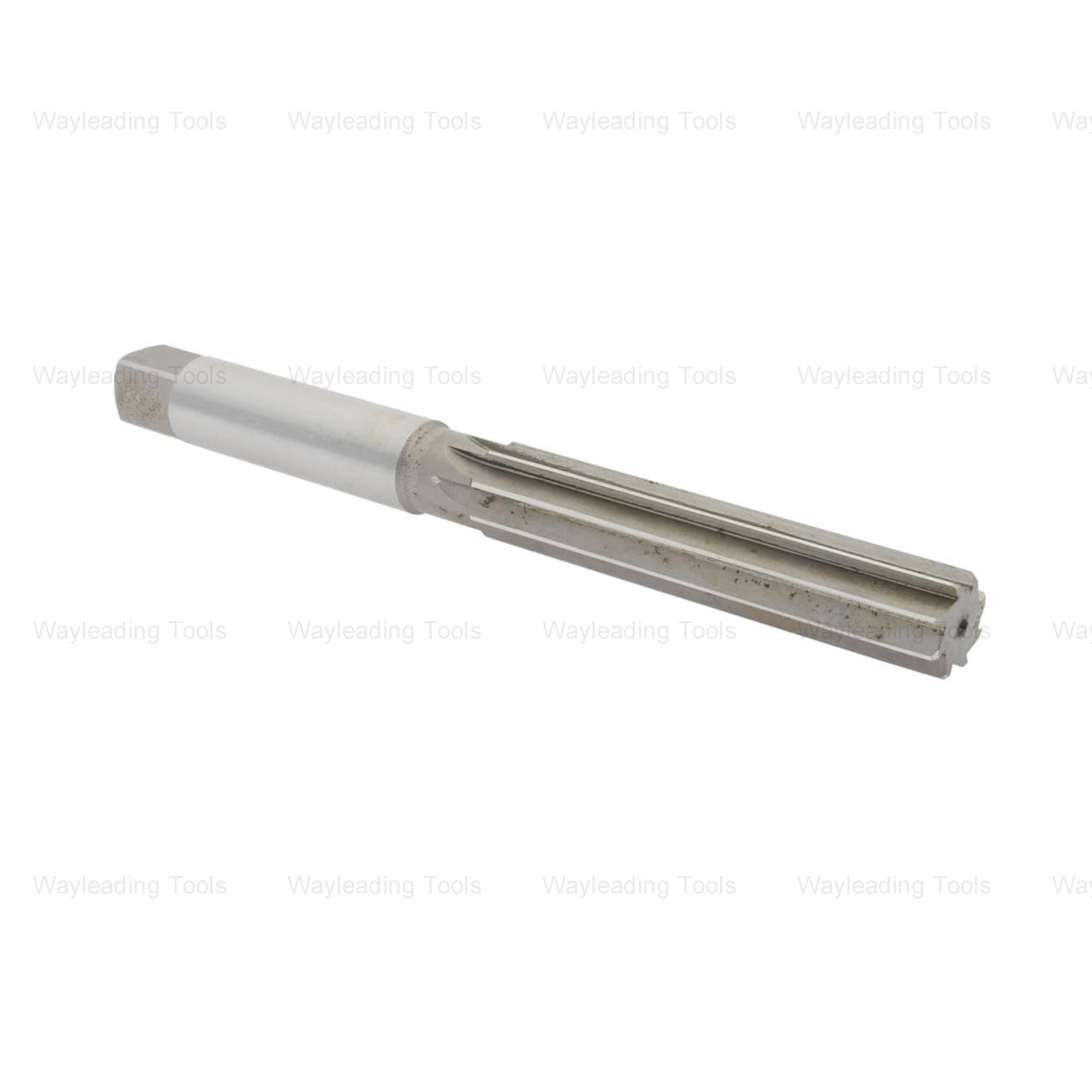 HSS Hand Reamer
HSS Hand Reamer -
 TCT Annular Cutters With Weldon Shank For Metal Cutting
TCT Annular Cutters With Weldon Shank For Metal Cutting -
 DIN338 HSS Twist Drill Bit Fully Ground Or TiN Coated
DIN338 HSS Twist Drill Bit Fully Ground Or TiN Coated -
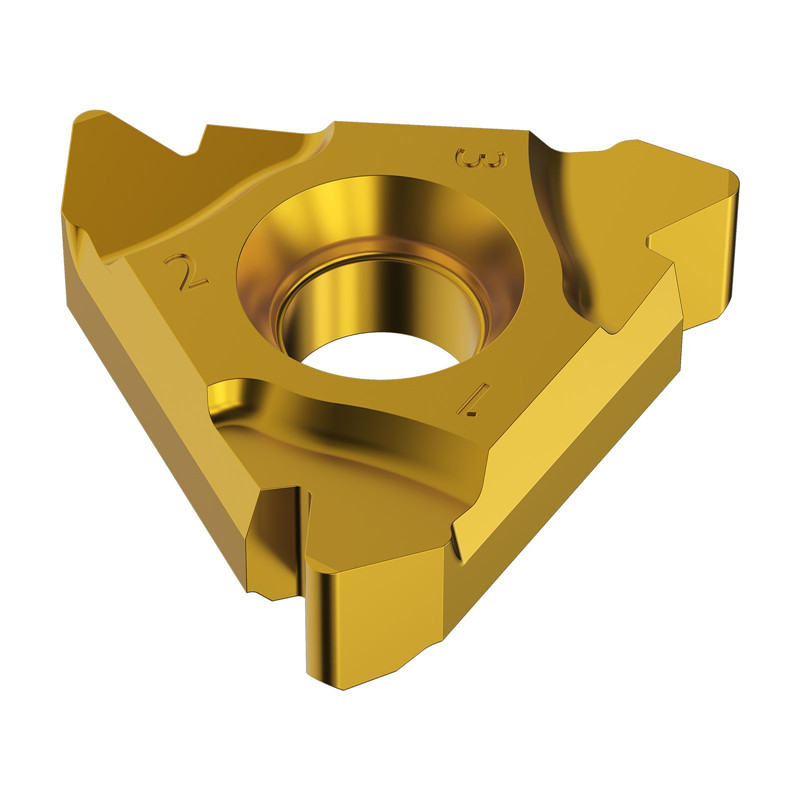 Partial profile 60° Threading Insert With ER & IR Type
Partial profile 60° Threading Insert With ER & IR Type -
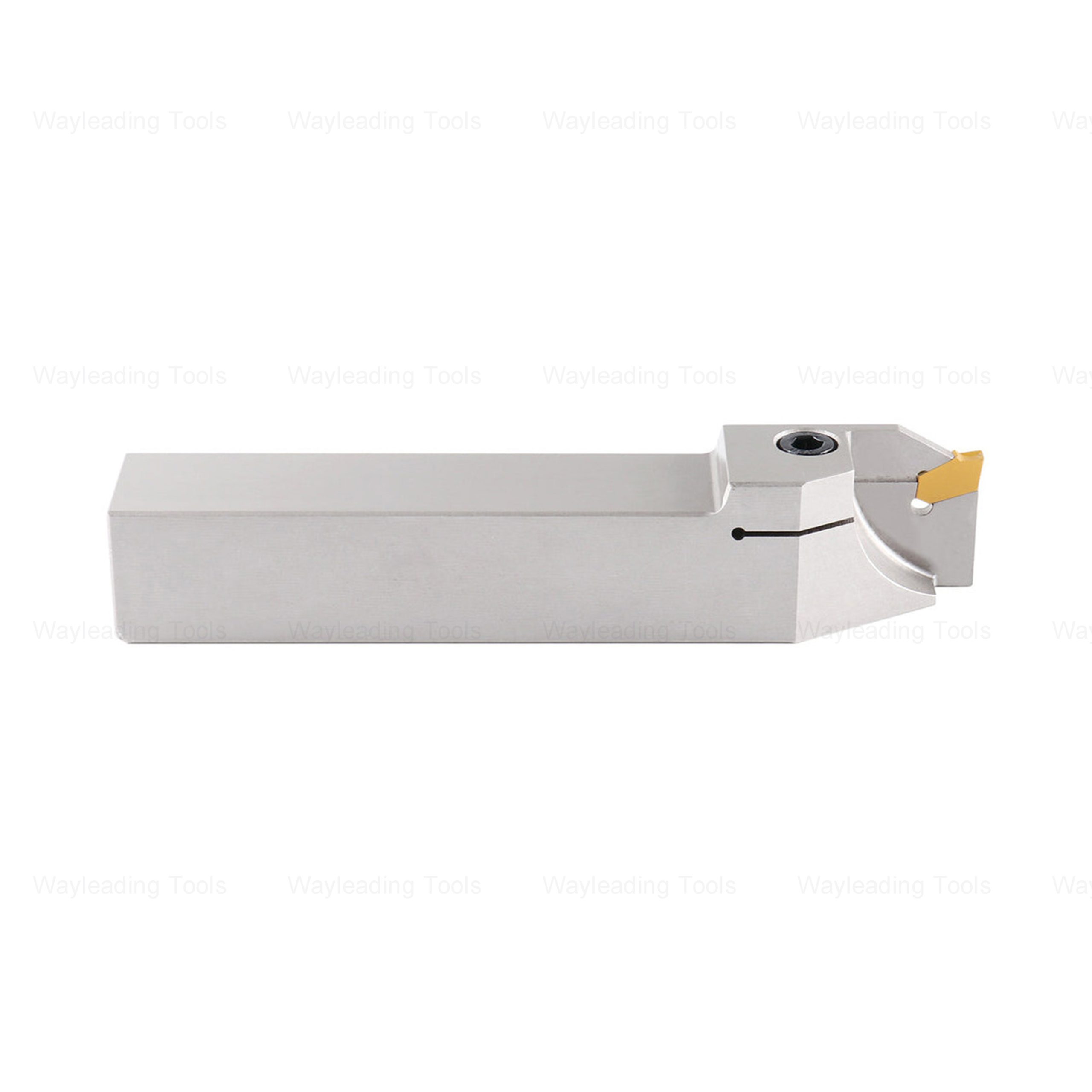 Indexable Grooving and Cut-Off Tool Holder – QA Type
Indexable Grooving and Cut-Off Tool Holder – QA Type -
 Precision 2pcs Angle Blocks Set With High Quality Type
Precision 2pcs Angle Blocks Set With High Quality Type -
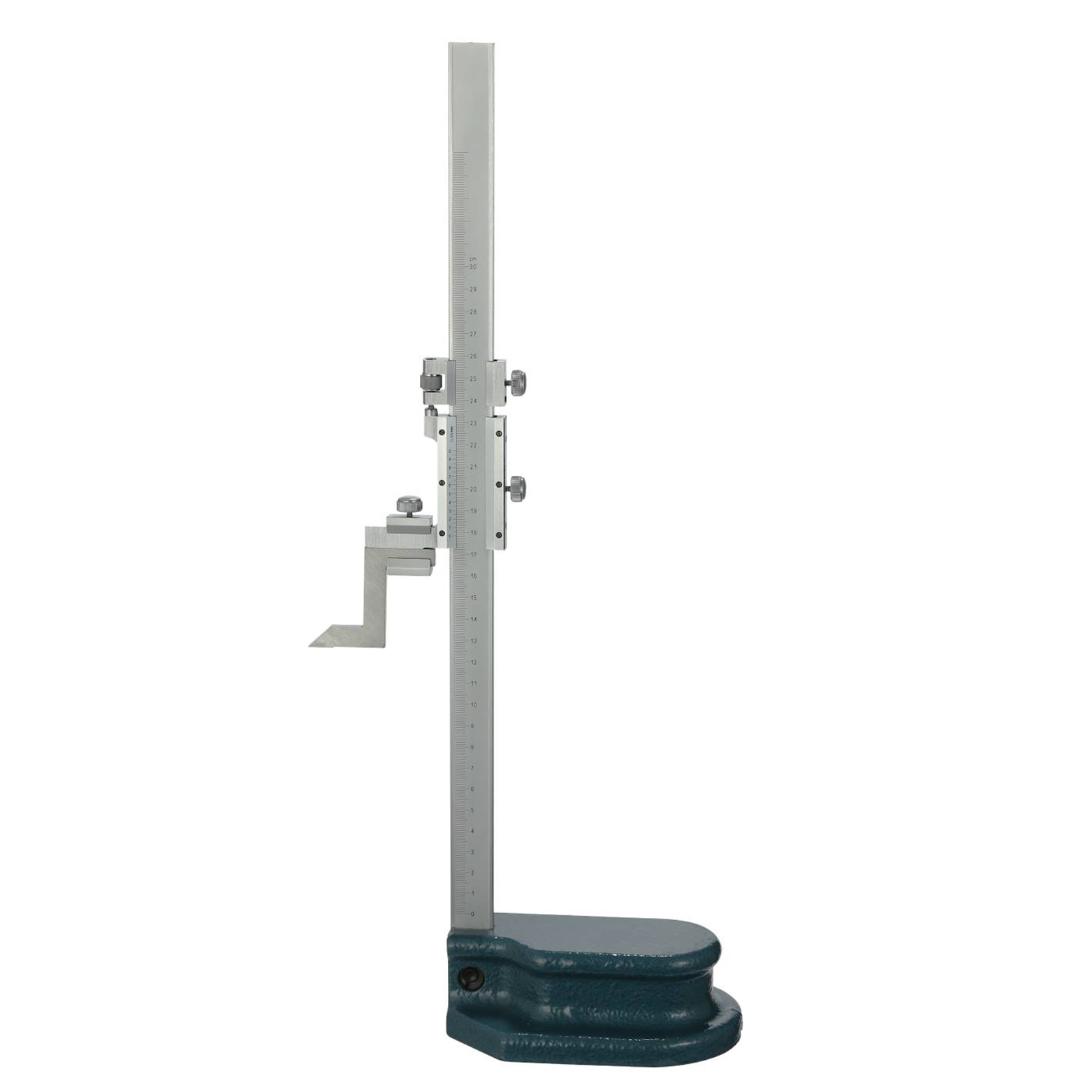 Vernier Height Gauge For Industrial
Vernier Height Gauge For Industrial -
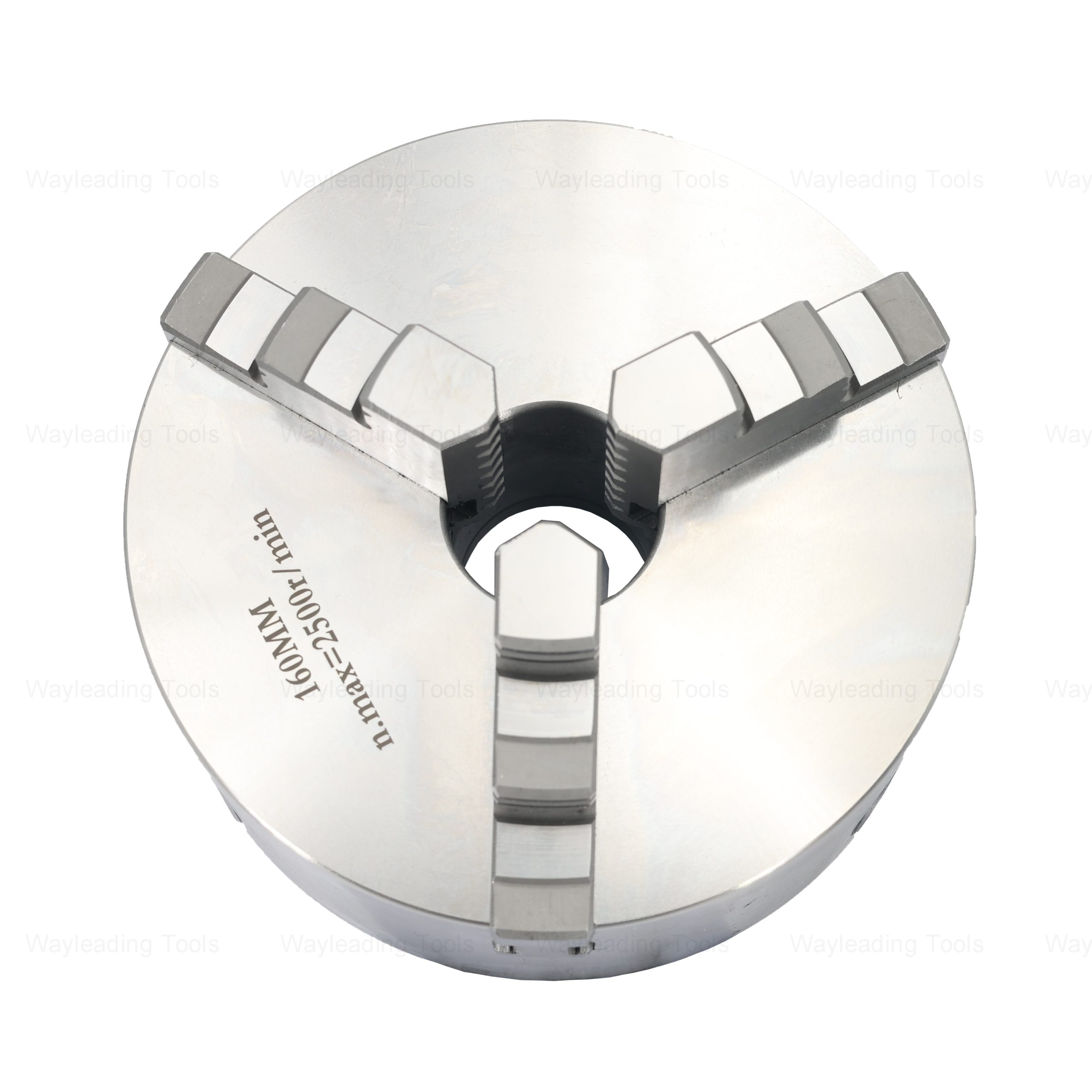 3-Jaw Self-Centering Lathe Chuck – K11 Series
3-Jaw Self-Centering Lathe Chuck – K11 Series -
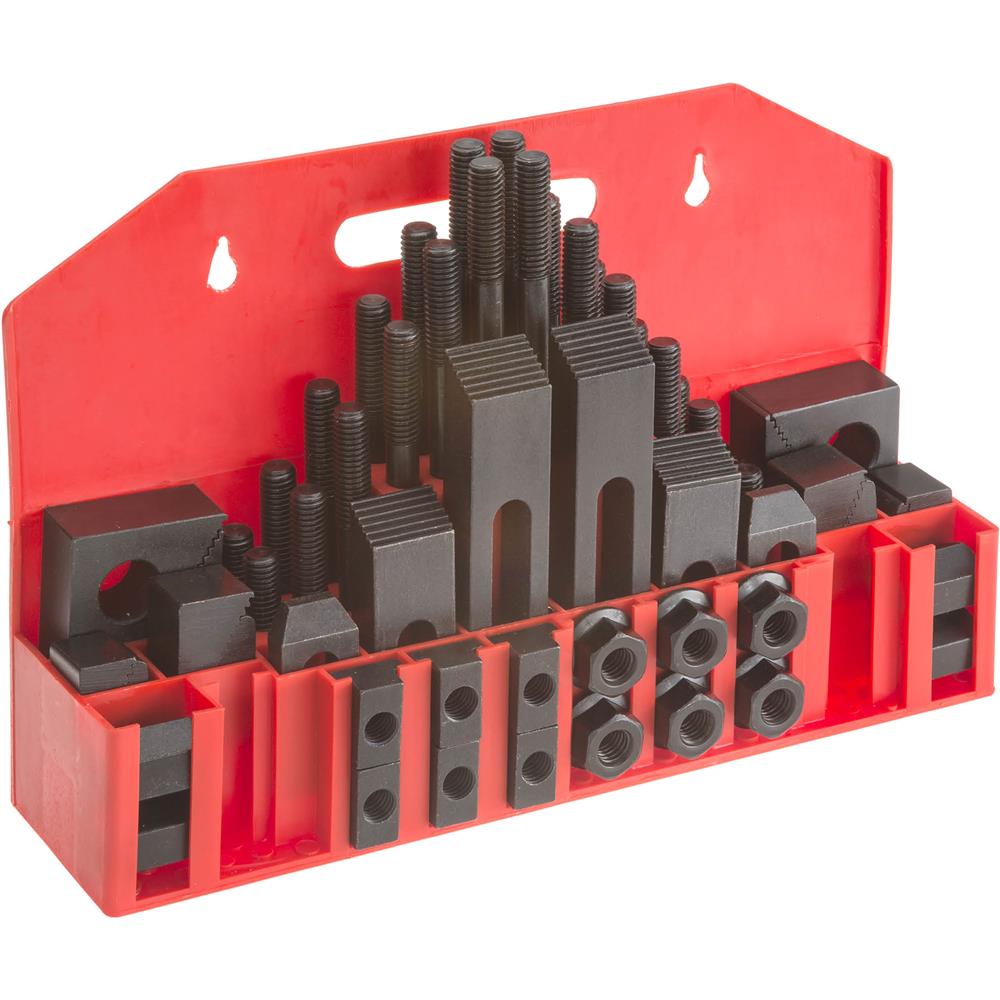 58pcs Clamping Kit With Metric & Inch Size
58pcs Clamping Kit With Metric & Inch Size -
 Precision Vernier Caliper With Nib Style Jaws Of Metric & Imperial For Industrial
Precision Vernier Caliper With Nib Style Jaws Of Metric & Imperial For Industrial -
 Precision V Block And Clamps Set With Industry Type
Precision V Block And Clamps Set With Industry Type


